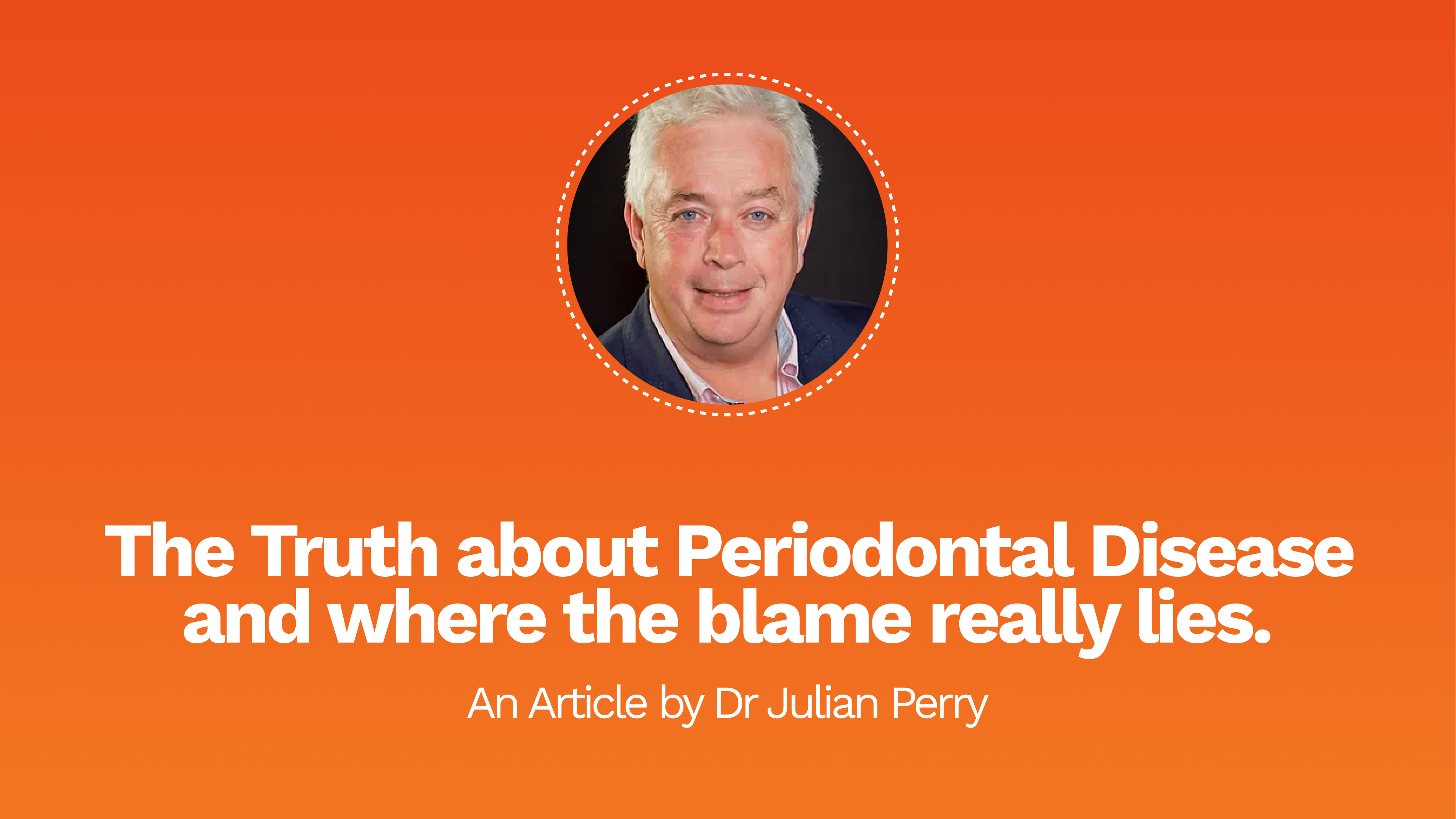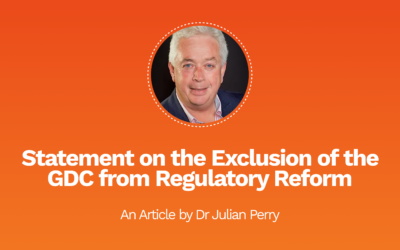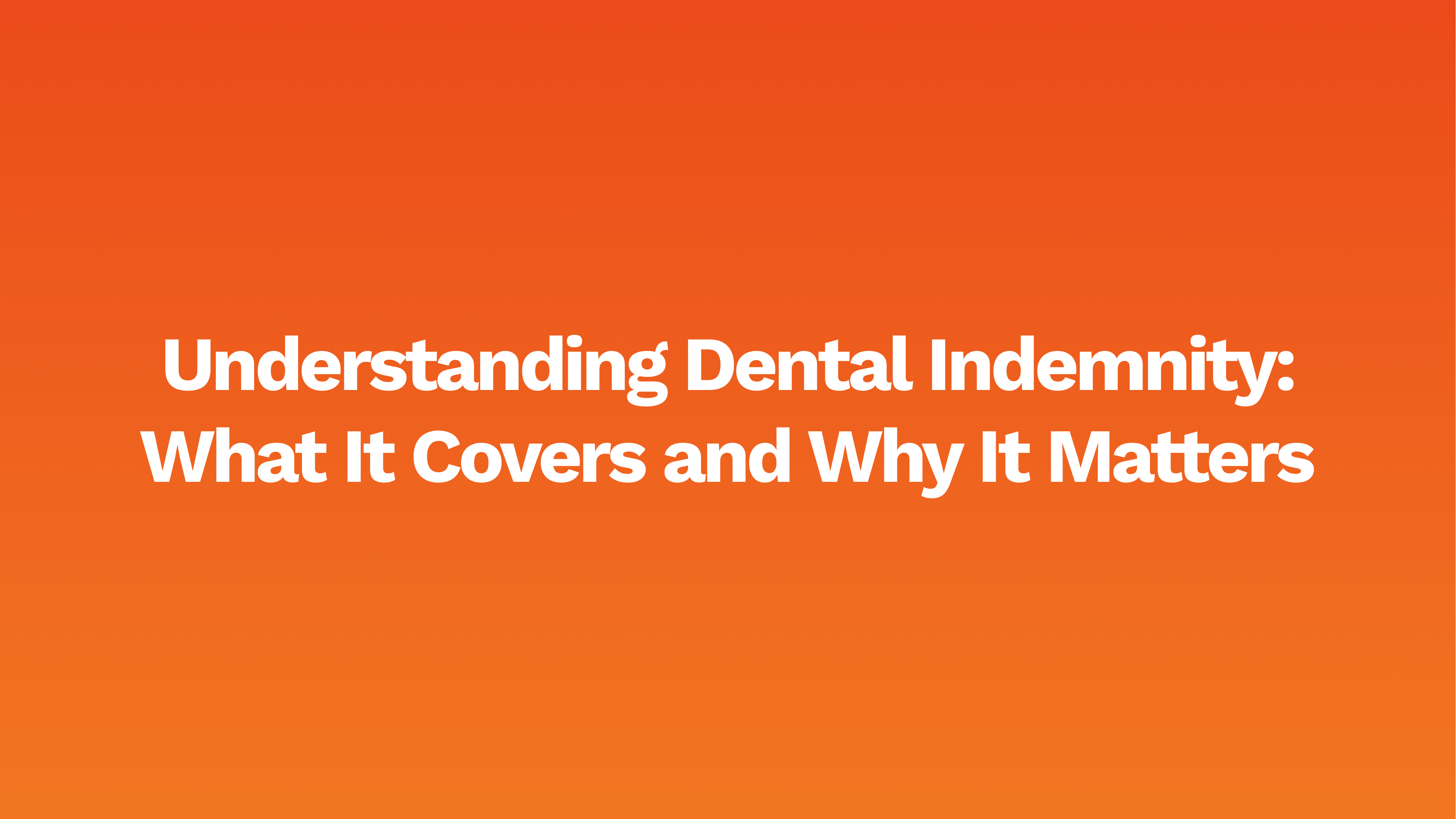Where the blame really lies
Periodontal disease is frequently attributed to a dentist’s negligence. This statement is fundamentally wrong, and the legal profession have it wrong!
The primary responsibility for the onset and progression of periodontal disease lies with the patient’s oral hygiene habits and their body’s autoimmune response, which are factors beyond the control of any dental professional. I will explain why,
1. Patient Responsibility in Oral Hygiene
The most significant factor contributing to periodontal disease is the patient’s daily oral hygiene routine. The mouth is home to millions of bacteria, and when a patient fails to maintain adequate oral hygiene, plaque and tartar accumulate on the teeth. This buildup creates a hospitable environment for harmful, dysbiotic bacteria—those not normally present in a healthy oral cavity. Over time, this debris and bacterial presence lead to inflammation of the gingival (gum) tissues, which is the initial stage of periodontal disease.
No amount of professional cleaning can counteract the necessity for consistent at-home care. A dentist or hygienist can thoroughly clean a patient’s teeth, but without the patient maintaining that cleanliness through brushing, flossing, and using appropriate oral care products, the effects of professional cleaning are short-lived. Within a week or so, if the patient neglects daily oral care, the dysbiotic bacteria will return, and the disease process will resume. It is simply not feasible for a dentist to prevent periodontal disease in a patient who does not take responsibility for their own daily oral hygiene.
2. The Body’s Autoimmune Response
The second major factor contributing to periodontal disease is the patient’s own immune system response to bacterial buildup. In the presence of harmful bacteria, the body initiates an autoimmune reaction, which, rather than effectively resolving the problem, results in the aggressive destruction of the periodontal tissues (the gums and bone supporting the teeth). This autoimmune response is unique to each individual, and the dentist has no control over how a patient’s immune system reacts to oral bacteria.
The body’s misguided attempt to eradicate these dysbiotic bacteria by destroying its own tissues is at the core of periodontal disease progression. While dentists can intervene with professional cleanings and treatments to reduce the bacterial load, they cannot alter a patient’s genetic predisposition or immune system functioning. The idea that a dentist should be held accountable for the body’s own pathological response is misguided, as this immune reaction is not something a dentist can influence.
3. The Limitations of Professional Treatment
Dentists and dental hygienists can perform deep cleanings, scaling, and root planning to remove tartar and bacteria from the tooth surfaces and below the gumline. However, these procedures offer only temporary relief. The bacteria responsible for periodontal disease will return unless the patient takes charge of their oral care. Therefore, it is critical to understand that while professional intervention is necessary, it is not a cure—it is a maintenance tool that works in conjunction with the patient’s daily efforts.
For this reason, it is unreasonable to place blame on a dentist when the patient fails to maintain oral hygiene between visits. If the disease recurs after professional treatment, it is largely due to the patient’s inaction, not the dentist’s failure. Without the patient’s commitment to maintaining a clean oral environment, any progress achieved by dental care is unsustainable. No amount of dental expertise can compensate for poor daily hygiene.
4. Misplaced Legal Action and its Impact on Dentistry
When patients file lawsuits or complaints against dentists for the progression of periodontal disease, it reflects a misunderstanding of the disease’s causes and the dentist’s role. The dentist can diagnose, educate, and provide necessary cleanings and treatments, but they cannot brush and floss for the patient. Blaming the dentist for the natural progression of a disease rooted in bacterial buildup and autoimmune response ignores the patient’s responsibility for their own health.
This misplaced blame not only harms the dentist’s reputation and practice but also leads to an erosion of trust between patients and dental professionals. Dentists are there to guide and support patients, but ultimately, the patient must take ownership of their oral health. Legal action against dentists for periodontal disease misdirects accountability, creating a false perception that dental professionals should be responsible for outcomes that are beyond their control.
5. The Role of Patient Education
Dentists play a crucial role in educating patients about the causes of periodontal disease and the importance of daily oral care. This education is essential in managing expectations and ensuring patients understand that their oral health is a partnership between themselves and their dental team. Most dentists routinely offer patients advice, instructions, and demonstrations on proper brushing and flossing techniques. Yet, it remains the patient’s duty to apply this knowledge consistently.
When patients choose not to follow this advice, they cannot reasonably hold their dentist accountable for the inevitable consequences. It is akin to a patient ignoring a physician’s advice for a healthy diet and exercise, only to develop heart disease later on. In such cases, the responsibility lies with the individual, not the healthcare provider.
Periodontal disease is the result of a complex interaction between poor oral hygiene and the body’s autoimmune response, neither of which can be controlled by the dentist. While dentists can provide essential care and guidance, the ultimate responsibility for preventing the progression of periodontal disease lies with the patient. Dentists should not be held accountable for the natural consequences of inadequate oral hygiene or a patient’s biological response to bacterial buildup. Instead, patients must recognise their role in maintaining oral health and understand that without consistent self-care, the efforts of their dentist can only go so far.
At Densura, we believe in empowering both clinicians and patients through education and support. If you have encountered a complaint, claim, or need guidance on any patient-related issue, our team is here to assist you. Contact us at 0207 933 0349, email us at notifications@densura.com or click here. We are committed to providing prompt and professional support to ensure your concerns are addressed effectively.



